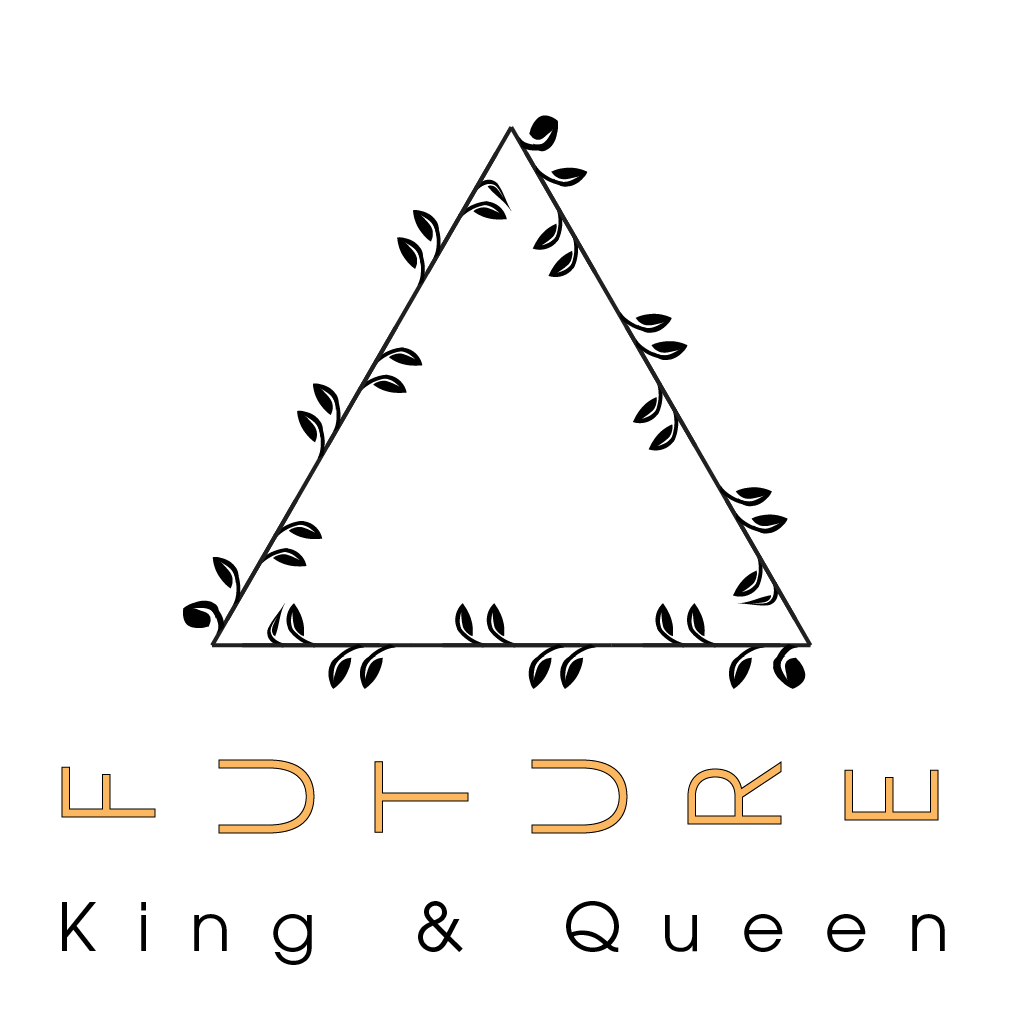#BushHeart : shining a spotlight on acts of kindness in the natural environment
#BushHeart celebrates people, organisations and businesses who are responding with kindness to animals, the landscape and the wild ecosystem with thoughtful care.
To many people around the world living in rural areas, the connection between wild landscape and humans is part of the joy of where and how they live. This connection to nature is strong within us, even though in the city areas we sometimes lose this conscious link. #BushHeart is a reminder that we are all dependent on the rural areas of the world, in a complex system which delivers the very air we need to breathe and live. The heart of the bush is a beating one, and if we are to keep it alive, we must look after our landscape (including the vulnerable flora and fauna within it) better than we have been doing.
The Australian bush is a place of botanical wonder, a complex ecosystem housing many unique and well-loved plants & animals, as well as the myriad support acts from insects, birds, fish and reptiles. From the majestic towering mountain ash trees to the ancient tree ferns, the bush is beloved not just to Australians, but to the many visitors from around the world who have experienced its bewitching beauty. Images of kangaroos, emus, koalas and platypus immediate conjure the Australian bush in literature and artwork, so it’s little wonder that images of these animals in fire-stricken areas, with their bandaged paws and surrounded by a blackened landscape, have garnered the world’s attention and heart.
To Australians, the ‘bush’ means not just the densely forested parks ringing the coast, nor just the great expanses of open grasslands of Central Australia. It symbolises much more than that. Any area which is outside the ‘big smoke’ of the cities (an ironic name, given the present bushfire circumstances), is affectionately referred to as ‘the bush.’ It includes the hills surrounding the cities, resplendent with native vegetation, the farms and orchards, and the country towns which are the lifeblood of the rural areas. The bush is a reminder that we have a strong connection with, and dependence on, nature - whether we always remember it or not.
It’s little wonder that so many people choose to live in rural Australia, where they can be near, indeed part of, this delicate, beautiful and ancient landscape. For those in the bushfire areas, dealing with the horror of the unprecedented scale and ferocity of these bushfires, it’s a jarring reality of how powerful nature can be, and how it is constantly changing. Years of drought followed by ‘perfect’ bushfire weather have resulted in unimagined numbers of dead and injured animals (both wildlife and domesticated), and mind-numbing numbers of hectares of burnt landscape.
For the rest of us, away from the firefront in the large cities of Australia, or in other countries, it’s a jarring reminder that as humans we are a global force. Our choices matter, now more than ever. We may like to think we have this nature thing under our belt: but we don’t. If we continue to ignore the changes in nature, as it responds to our increasing demands on it, our world will become a very bleak one.
Which is why we are launching a #BushHeart initiative at Future King and Queen. It’s time to celebrate the actions of those who display kindness and respect to nature, animals and other people. Whether it’s a volunteer vet bandaging the burnt paws of a fire-startled kangaroo; or a firie putting their own life on the line to protect an elderly couple’s home in the bush; or a small winery in the fire-scarred Adelaide Hills, which is pioneering vegan and/or organic wine making techniques, that needs help to get back on its feet. We reckon they all deserve a quiet spotlight of thanks. At the moment, that focus is on the fire-charred landscape of Australia. But in the not too distant future, we’ll be including these acts of kindness from all over the world.
“If the flap of a butterfly’s wings can be instrumental in generating a tornado, it can equally well be instrumental in preventing a tornado.”
The follow-on actions of a single butterfly’s wings, in affecting monumental weather patterns, formed the basis of the mathematical Chaos Theory, as reasoned by mathematician Edward Lorenz in the 1960s. He argued that one small action can have unintended large consequences, in a theory that applies to meterology as much as it does to biology, physics and geology. But maybe it’s time we realised that our individual small acts of kindness to nature - whether that means moving to more plant-based meals, prioritising organic farming, cutting down on power usage, or producing less ‘stuff’ for mindless consumption - are all part of the Butterfly Effect too.
We’ll be highlighting positive stories of acts of kindness here on Future King and Queen and on our Instagram with the #BushHeart tag. If you know of somebody who you reckon should be featured, drop us an email.
Banner image courtesy Unsplash.
Home page bird image courtesy Unsplash,
and wombat joey image courtesy FNPW Appeals. 
